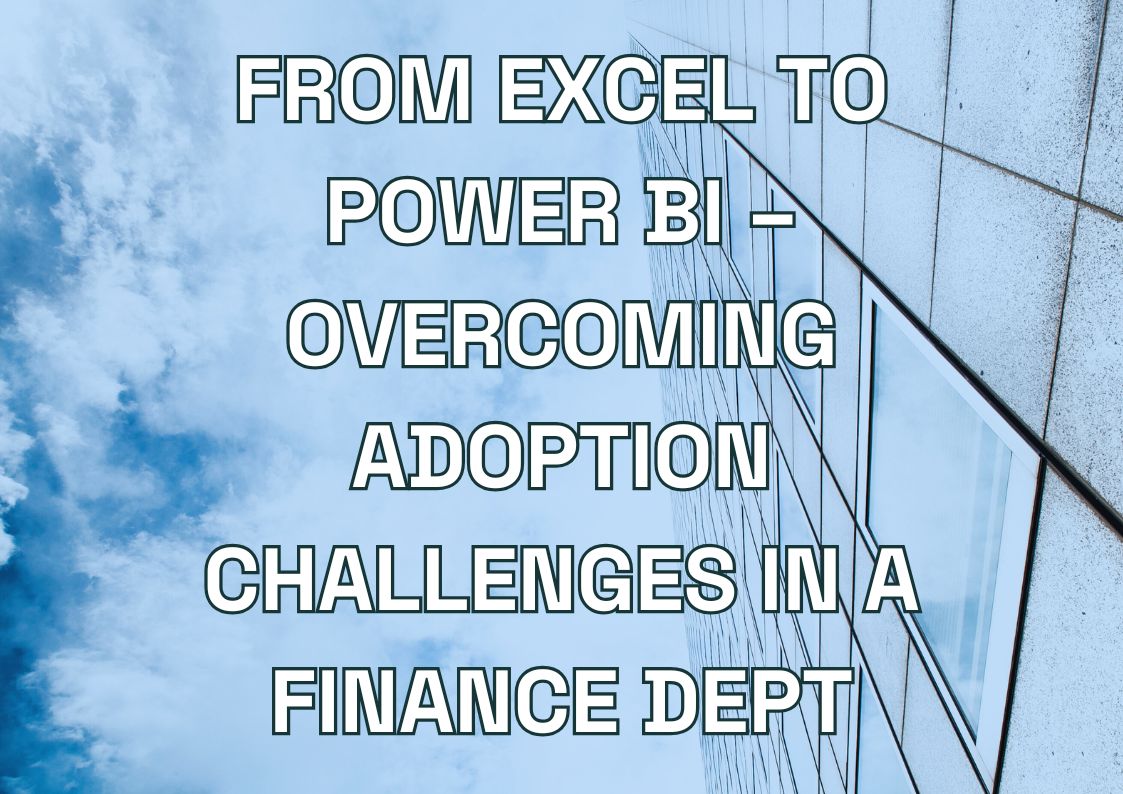Day 2 of Microsoft Build 2025 expanded on the foundation laid by Satya Nadella’s keynote, with Microsoft unveiling additional tools, frameworks, and updates that further cement its commitment to creating a comprehensive agentic AI ecosystem for developers.
These announcements complement the Day 1 revelations while introducing new capabilities that significantly enhance the Microsoft developer toolkit.
Updates in the AI Development Possibilities
Microsoft continues to push the boundaries of AI development, rolling out new features that make advanced AI technologies more accessible and practical for everyday development workflows. These innovations span the entire development spectrum from cloud to client, reinforcing Microsoft’s vision of an integrated AI.
Azure AI Advancements
The Azure AI platform received several significant enhancements, further establishing it as a comprehensive foundation for enterprise-grade AI development:
- Healthcare Agent Orchestrator is now available in the Azure AI Foundry Agent Catalog, enabling sophisticated healthcare workflows through coordinated, specialized AI agents. These multimodal agents work together to handle complex multi-disciplinary healthcare data processing—tasks that would typically take hours, such as tumor board analysis—effectively augmenting specialist clinicians with cutting-edge agentic AI capabilities.
- SRE Agent represents a breakthrough for Site Reliability Engineering teams, automatically responding to production alerts, autonomously mitigating issues, and determining root causes for Azure services. By continuously monitoring application health across Kubernetes, PaaS, serverless, and database services, it dramatically reduces resolution time from hours to minutes while proactively identifying potential issues before they impact end users.
- Model Router, now in preview, automatically selects the optimal AI model for specific prompts based on quality and cost considerations. This intelligent routing system helps developers navigate the expanding catalog of available models.
- Full Fine-Tuning Developer Tier eliminates hosting fees, making advanced model customization more accessible to developers who want to tailor models to specific domain needs without incurring prohibitive costs.
Our Microsoft Services You Might Find Interesting
Model Context Protocol Ecosystem
Microsoft is significantly advancing the Model Context Protocol (MCP) ecosystem through new contributions that strengthen the infrastructure for agentic AI. By joining the MCP Steering Committee alongside GitHub, Microsoft is demonstrating its commitment to open standards for next-generation AI agents.
The collaboration between Microsoft, Anthropic, and the MCP community has produced an enhanced identity and authorization specification that transforms how apps securely access data and services.
This enables users to leverage familiar authentication methods like Microsoft Entra ID when granting AI agents access to resources, establishing the necessary trust for widespread adoption in both enterprise and consumer contexts.
Complementing this security framework, Microsoft and GitHub have developed a community-driven registry for MCP servers. This registry service solves a critical discovery challenge by creating a centralized system for locating and managing MCP implementations.
Organizations can now maintain repositories of MCP server entries with metadata describing capabilities and configurations, significantly simplifying integration between agents and the services they need to access.
Windows Platform Announcements & Customization
Microsoft’s commitment to enhancing the Windows developer experience took center stage on Day 2 of Build 2025, with significant improvements to customization options, tooling, and store policies. These announcements demonstrate Microsoft’s ongoing effort to make Windows the premier platform for both traditional and AI-driven development.
Developer Tools and Experience
Windows developers received several notable upgrades aimed at streamlining their workflows and reducing friction in the development process.
Advanced Windows Settings introduces a centralized hub for powerful system customization options, giving developers unprecedented control over their Windows environment through an intuitive interface.
This new settings area surfaces previously hidden power-user features, including options to integrate GitHub version control directly with File Explorer – a capability that significantly improves the development workflow for source-controlled projects.
For command-line enthusiasts, Windows will soon include Edit, a new built-in text editor installed by default. This lightweight but capable editor enables developers to modify files directly from the command line without breaking their current workflow.
As an open-source tool, Edit reflects Microsoft’s commitment to community-driven development and is expected to evolve based on developer feedback following its availability in the Windows Insider Program this summer.
The Windows App SDK received a substantial architectural overhaul with two key improvements:
- The SDK is being transformed into a NuGet Metapackage Architecture, allowing developers to select only the specific components required for their applications
- For cross-platform developers, React Native New Architecture Support arrives with version v0.80, bringing modern React features to Windows development
- The SDK now provides improved performance and stability through streamlined dependencies
- Runtime components have been optimized for faster application startup and reduced memory usage
The new App Actions Testing Playground provides a dedicated environment for testing Windows app actions and their user experience. Available through the Microsoft Store, this specialized tool helps developers ensure their applications integrate smoothly with Windows AI capabilities from the earliest stages of development, reducing the time needed to validate action functionality.
Enhanced Artificial Intelligence &ML Development
Windows ML, the foundation of the Windows AI platform, now enables Simplified AI Model Deployment for developers building AI-powered applications.
This significant improvement allows developers to ship production applications without needing to include ML runtimes or hardware-specific providers in their packages. The system intelligently detects the target hardware configuration on client devices and automatically selects the appropriate execution providers based on developer-defined parameters.
Key benefits of the new Windows ML include:
- Automatic hardware detection and optimization
- Future-proof development across evolving silicon generations
- Reduced application package sizes
- Simplified deployment workflows
- Consistent user experience across diverse hardware configurations
By abstracting away the hardware-specific complexities of AI deployment, Microsoft has made AI app development significantly more accessible, particularly for developers who want to leverage on-device capabilities without needing to understand the intricacies of different silicon implementations.
Windows Store and Distribution
The Microsoft Store is becoming substantially more developer-friendly with policy changes that significantly lower the barriers to entry and improve application management.
Microsoft announced Zero Onboarding Fees for individual developers starting June 2025, making the Microsoft Store the first global digital distribution platform to completely eliminate publishing fees. This change comes with streamlined submission experiences, easier privacy policy hosting, and improved certification reporting.
The Store is also introducing Enhanced Health Insights within Partner Center, providing expanded metrics that give developers greater visibility into application performance.
These new metrics include crash rates, hang rates, and affected device counts, with proactive notifications for unusual failure patterns that allow developers to respond quickly to quality issues before they significantly impact users.
Another notable improvement is support for updating Win32 apps directly through the Microsoft Store, even when updates are provided by their publishers. Previously, once MSI/EXE apps were installed, users couldn’t get newer versions via the Store. Now, when a new version becomes available, users can update smoothly through the familiar Store interface.
Security and Privacy Features
Microsoft enhanced Windows’ security posture with two important changes that give users more control over their system security and privacy.
Administrator Protection introduces a new platform security feature that prevents unintended privilege elevation by requiring Windows Hello validation before allowing actions that need administrator privileges.
Windows is adopting a Privacy-First Approach to Device Resources by changing desktop access defaults for camera, microphone, and location (C/M/L) resources from ON to OFF. This change requires explicit user consent before applications can access these sensitive hardware resources, giving users greater control over their privacy without needing to navigate complex settings menus.
These changes reflect Microsoft’s recognition that security and privacy must be fundamental aspects of the operating system rather than optional features, especially as applications become more intelligent and potentially more intrusive.These Windows platform enhancements collectively demonstrate Microsoft’s holistic approach to improving the developer experience, from coding tools and AI capabilities to distribution channels and security features – all designed to make Windows the most productive and capable developer platform available.
Let's talk about your IT needs

Let me be your single point of contact and lead you through the cooperation process.
Choose your conversation starter
Signed, sealed, delivered!
Await our messenger pigeon with possible dates for the meet-up.








